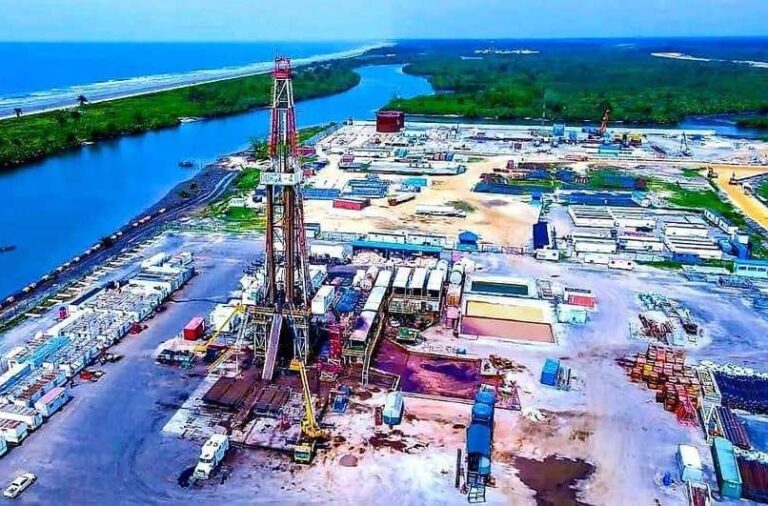BUA Group has issued a clarification regarding the progress of its 200,000 barrels per day crude oil refinery in Akwa Ibom, South-South Nigeria, denying claims that the project is 90% complete. The company assured the public that while construction is advancing steadily, the refinery is not yet at the reported stage of completion.
In a statement released on Sunday, the Abdul Samad Rabiu-led conglomerate emphasized that the refinery is on track to meet its delivery timelines, and reiterated its commitment to timely project completion in collaboration with its partners. The refinery is set to produce Euro-V fuels such as diesel, petrol, and jet fuel, as well as polypropylene, using advanced technology designed to minimize environmental impact and enhance production efficiency. This will reduce Nigeria’s dependence on imported fuels and petrochemicals.
“Contrary to misleading reports claiming that our 200,000 barrels per day refinery is 90% complete, we urge the public to disregard such inaccurate information. While construction is progressing well, we are not yet at 90% completion. We are, however, on schedule to meet our delivery goals,” BUA stated.
The refinery project, according to BUA, marks a significant step in enhancing Nigeria’s refining capacity and energy security. The company also highlighted its ongoing efforts in other energy projects, including the construction of a mini-Liquefied Natural Gas (LNG) plant and several new hybrid power plants across the country, which will further boost its 1,000MW captive power generation capacity.
The group advised the public to verify all news through its official channels to avoid being misled by “mischievous individuals.”
“BUA remains committed to transparency and excellence. Over the past 10 years, we have invested $3.5 billion in over 12 major industrial projects, and we will continue to share verifiable updates as milestones are reached,” the company added.
With the refinery’s eventual completion, Nigeria is projected to become a net exporter of petroleum products, supported by the upcoming commissioning of the Dangote refinery’s 650,000 bpd capacity in Lagos, alongside the Port Harcourt, Warri, and Kaduna refineries.


